We put five difficult questions to brave parents of children in Compassion’s program. In vulnerably sharing their experiences, they hope to break the stigma of and reveal the truth about living in poverty.
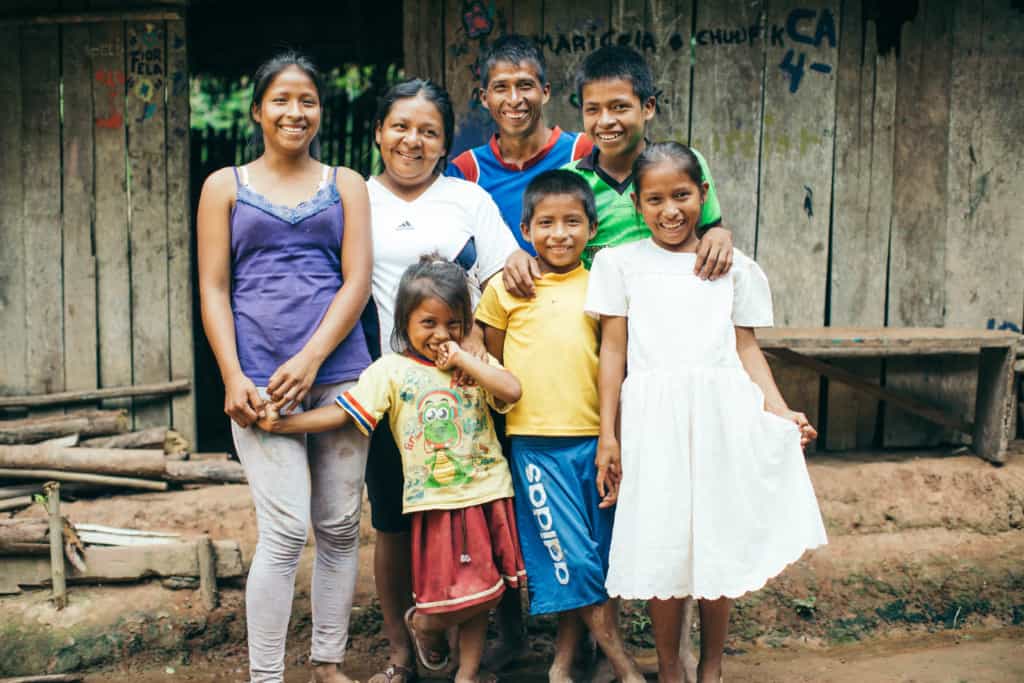
Why do parents keep having children if they can’t afford to support them? Why don’t they get a different job, or work harder, if they need more money? And if they need help, why do they still have “luxuries” like a television or a cellphone?
These questions are tough, uncomfortable and very common. They are written on Compassion’s social media feeds, debated on the radio and asked by curious minds who simply want to understand.
We put the questions to five brave parents in low-income countries whose children are in Compassion’s program. In vulnerably sharing their experiences, they hope to break the stigma of and reveal the truth about living in poverty. As mother Consuelo from El Salvador says, poverty “is a situation you can only understand with no judgment if you have lived it in your own flesh.”
Over the next five weeks of this series answering tough questions about poverty, meet these parents and read their eye-opening responses.
Tough Question 1: “Why do parents have so many children when they can’t afford to support them?”
Contraception Isn’t Common Knowledge
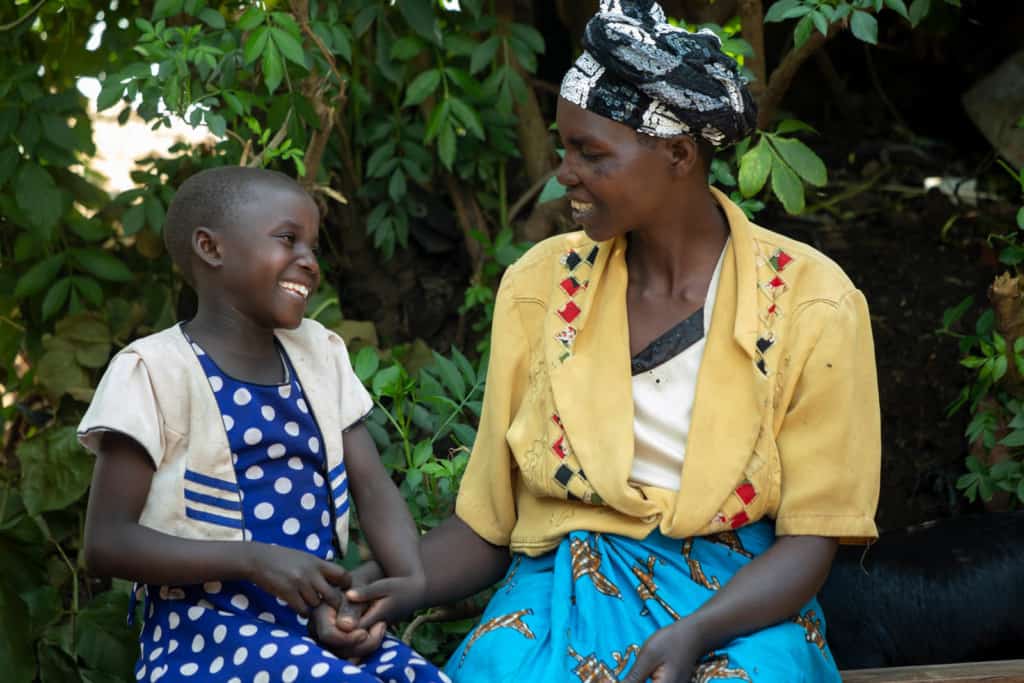
In western Uganda, Olive was working in her employer’s garden when she first heard, over the radio, about family planning. The news was a revelation for the mother of six, who immediately visited a health clinic. “If I had not done this, I think we would likely have more than 10 children today,” she says.
Many families living below the poverty line have not had access to quality education or technology like a radio, television or the internet, which could influence their decision about their family size.
“Sometimes they don’t know what to do. Personally, I heard about family planning for the first time while listening to a radio in someone’s garden. We don’t have a radio at home,” says Olive.
In urban El Salvador, Consuelo agrees. “We never received any sexual education for preventing pregnancies,” she says. “We had to figure it out and learn on our own, and the surprise pregnancies showed up.”
Children Help Families
According to the World Bank, 4 in 5 people in poverty live in rural areas, where families often depend upon agriculture to survive. These families often can’t afford to pay extra laborers. They depend upon themselves and their children.
Jaela, 18, and her family live deep in the Ecuadorian Amazon jungle. She and her six siblings are part of the Quechua people, who live traditional lives hunting and gathering. Here, large families are valued: The more children, the more hands to help with the harvest and catch the fish they need for survival.
“The families in the jungle are large because the work is hard,” says Anderson, a Compassion center supervisor. “They do not have drinking water, technology, or electricity. The more children they have, the more support and help they have at home.”
Children are Blessings
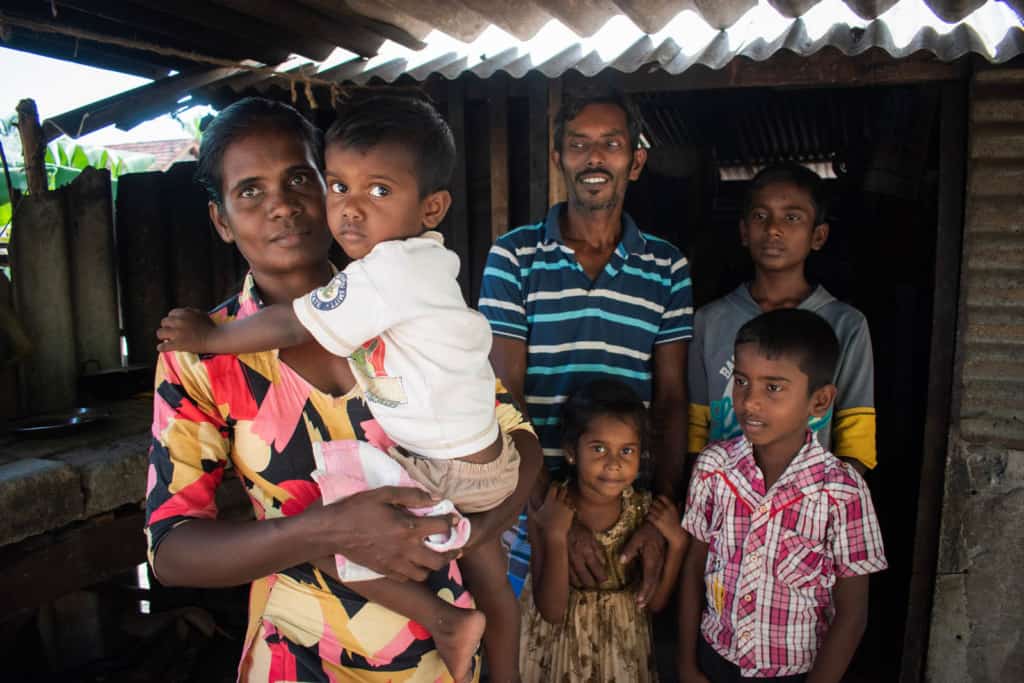
In eastern Sri Lanka, Devaki and her husband have few possessions. They say their children are their riches.
“Our family is living in poverty but because we have four children, we are very happy. They bring so much joy to our lives,” she says. “They are our pride and wealth. We never look at our children and feel sad that we had four children.”
Circumstances Change
In North Sulawesi, Indonesia, Frangky says he’s heard that “many children mean many blessings.” He has a simple explanation for why struggling parents may have large families: Life is unpredictable.
“I have three kids and when I still had my job, I was sure I could afford to support them,” he says. “But I couldn’t predict what was going to happen in the future. When I lost my job, everything changed.”
Of course, circumstances can change instantly for any family. But change is more frequent for low-income families, who tend to have unsteady jobs. And the effects of changing circumstances can be dire for these families, leaving them unable to meet basic needs — no matter how many children they have.
In the next blog post in this series, parents answer another tough question people ask about poverty: “Are people who live in poverty lazy?”
Field photography and reporting by Vera Aurima, Odessa B, Nico Benalcazar, Ryan Johnson, Caroline Mwinemwesigwa and Alejandra Zuniga.

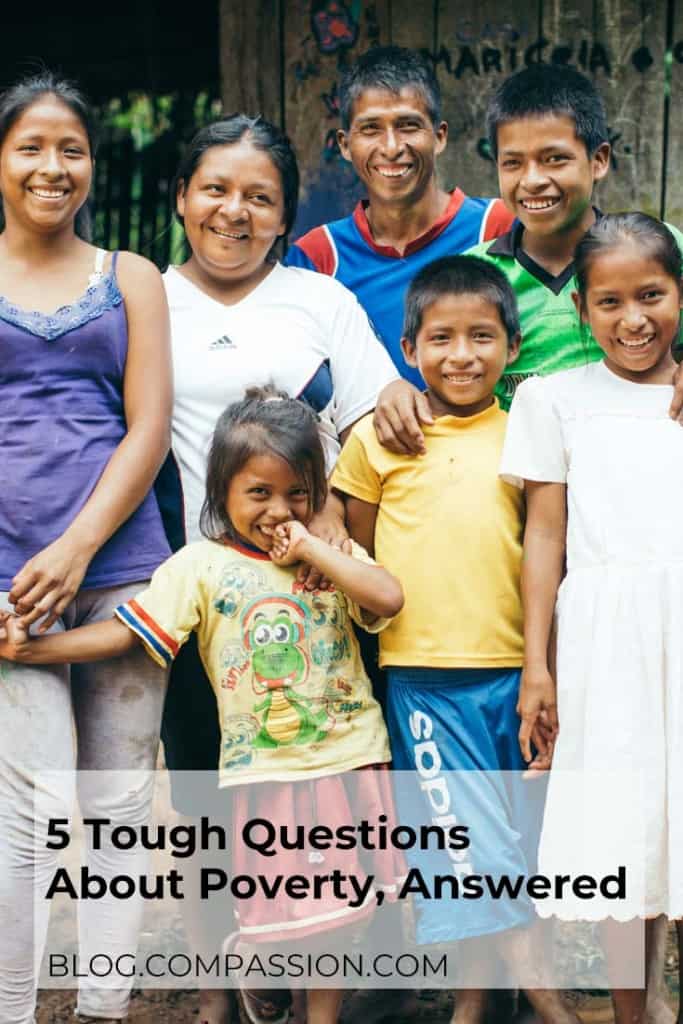

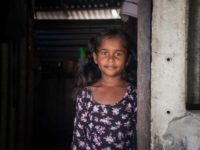

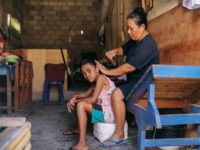


10 Comments |Add a comment
From my point of view, they are not lazy at all but some time lack of proper plan leads to poverty, I experienced that it cause someone sacrifice to saved much and spend less with the vision to accomplish and the Bible us that home without a vision the people perished (Proverbs 29:18).
I achieved my vision after trying all possible means of getting help from well wishers including compassion office but no one help me when we were been displaced from our home due to war at Northern Uganda. Today when you come at my home now you may think that I came from well background family even I started helping my fellow orphans now with the little I have. Glory and honour be back to Jesus Christ.
Hello Apostle Richard. We are so grateful that God has been so faithful in your life. Your story of overcoming the obstacle of displacement is truly inspiring. Thank you for sharing that with us. Our heart is to impact the communities that we have the privilege to work in, and we have specific guidelines to register children in our program. We know there is incredible need all over the world, and we pray that we can continue to grow and reach more and more people. May God continue to bless you. If you would like to discuss this further, you are welcome to send us an email at [email protected]. Thank you! ?
I love the answer, ” We never look at our children and feel sad we had four children”. How true! I look at my two children and feel sad we did not have more!They brings such joy and I live in extreme wealth.
Thank you for asking these hard questions and for the wonderful families who are answering them. I grew up with the old adage “walk a mile in my shoes” which promotes understanding and compassion. Our world needs that more than ever in these times.
Kae, thank you for your kind words! ? I grew up on the same adage and am deeply encouraged by your sharing your heart.
I too wish to thank you for this article and the coming ones. The comment about feeling blessed and wealthy because of the joy their children bring them (when they have so little else, materialistically-speaking) was incredibly moving to me.
Thank you so much, Denise, for your encouraging words! We are grateful that our blog has been an inspiration for you. ?
I love tackling tough questions head on. This will be a great series and it’s gotten off to a great start. I’m so encouraged by organizations that aren’t afraid to step into the difficult and uncomfortable areas and provide context and clarity.
Thank you so much for this article and the ones that you have planned for later! The answers these parents gave provide such great insight into the realities they live with each day. Those realities are often hard for those of us in the developed world to be aware of. Their answers help us broaden our perspective.
Hi Cletha! We’re so happy to hear that you enjoyed this blog and found it to be helpful! ?